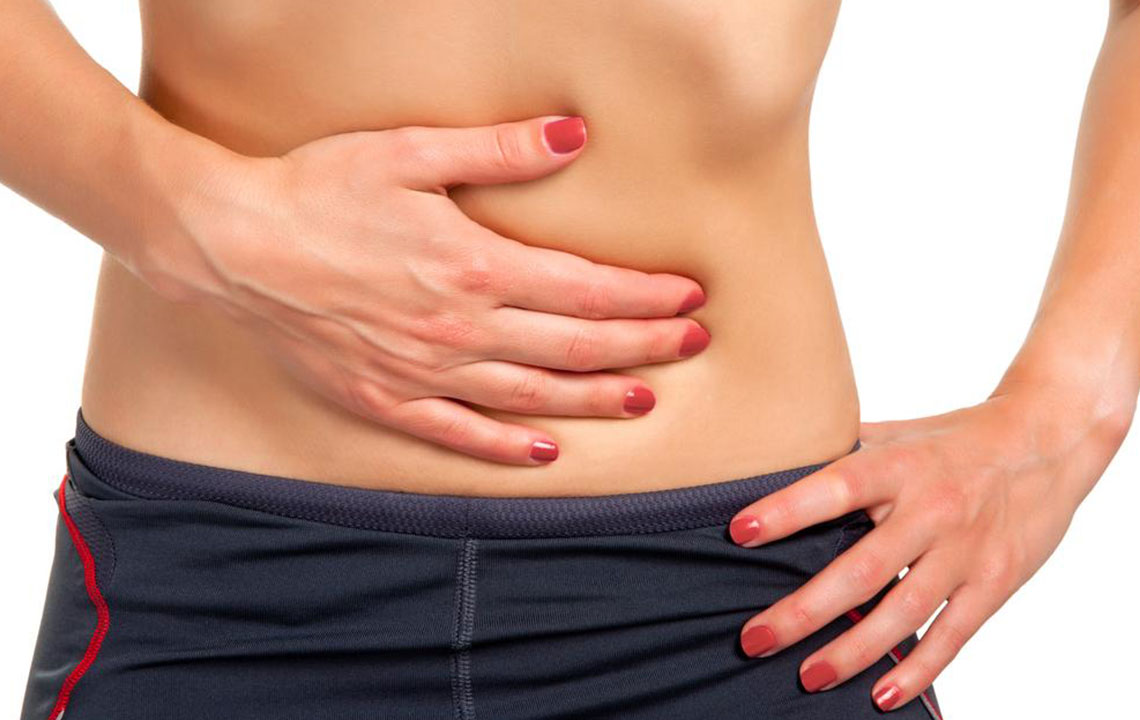Bloating Gas Relief, Understanding the Condition
Feel like your stomach is bloated? Have you been belching a lot? Or maybe you’ve been suffering from a lot of flatulence. If all of this sounds familiar, you are probably suffering from an excessive accumulation of gas.
What Are The Causes Of Bloating In Your Stomach?
- People who have digestive or gastrointestinal disorders like celiac disease, irritable bowel syndrome or ulcerative colitis complain of bloating as well. Close to 90% of people suffering from irritable bowel syndrome experience bloating.

Bloating Gas Relief – Home Remedies To Treat A Bloated Stomach
Bloating can be very uncomfortable, as well as embarrassing, but you don’t have to worry as these home remedies can give you relief instantly.
- Ginger
Ginger is known for its multitude of medicinal benefits, and it is no wonder that this root can be helpful in relieving a bloated stomach as well. Chockful of chemicals, ginger can help relieve pain and clear out your system. Two chemicals in ginger can help provide bloating gas relief. These chemicals can soothe any inflammation in your digestive tract and intestines, and help relax them. It also works as a carminative, which means that it can help prevent the formation and accumulation of excess gas as well as the expelling of these gases.
- Chamomile tea
Like ginger, chamomile comes with a huge list of medicinal properties. Make yourself a cup of chamomile tea—you are sure to find relief. It is an anti-inflammatory, so it can help soothe the inflammation in your stomach. The antispasmodic effect it has can help relieve any pain associated with bloating. Chamomile tea can help relieve any indigestion as well as prevent heartburn, helping provide bloating gas relief.
- Lemon Water
Lemon juice is good for you in many ways. It works as a great detoxifier, so drinking warm water with the juice of lemons can help clear and flush out toxins and bacteria from your body. Since it is acidic, it can help stimulate the production of hydrochloric acid in your stomach, which in turn can help break down your food faster, preventing any bloating. Drinking lemon water can help improve the functionality of your digestive tract.
- Peppermint Tea
Peppermint tea is another great idea for bloating gas relief. It can ease any pressure and pain that you experience due to a bloated stomach. Like chamomile, it has an antispasmodic effect, so the muscles in your digestive tracts will relax.
- Fennel Seeds
Fennel seeds have proven to be very effective for problems like bloating and irritable bowel syndrome. It is a carminative like ginger, so it can help prevent the formation of excessive gas. It can help expel any gas that is accumulated as well. Fennel seeds have anti-microbial properties, so it can help destroy any overgrowth of bacteria in the digestive tract. Fennel seeds can help reduce pain and soothe your muscles and also works as an excellent diuretic.
Bloating is a common condition, and you can avoid this by incorporating healthy foods into your diet that are rich in fiber. Minimize your intake of salty, processed food, and make sure you drink enough water through the day. Exercising often can help your bowel movements and the overall functioning of your digestive tract, so make sure you try to include a few routines of simple exercises in your daily regime.
If the bloating seems to persist, then consult your doctor immediately, as it could be a sign of some underlying condition.


